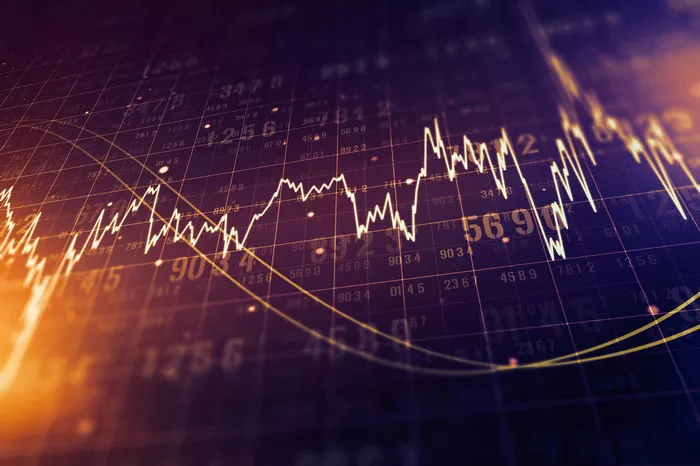In the world of finance, futures contracts are a vital tool for hedging and speculating on the future price movements of various assets, including commodities, currencies, and financial instruments. Understanding when futures trade is crucial for investors and traders looking to optimize their strategies.
What Are Futures Contracts?
Before we delve into the specific trading days, it is essential to grasp the concept of futures contracts. A future is a standardized financial contract that obligates the buyer to purchase, and the seller to sell, a specific asset at a predetermined price on a specified future date. These contracts serve as risk management tools and facilitate price discovery in various markets.
The Global Nature of Futures Trading
One of the unique aspects of futures trading is its global nature. Futures contracts are traded on organized exchanges worldwide, allowing market participants to access a vast array of assets and markets. As a result, the trading hours and days of futures contracts can vary depending on the underlying asset and the exchange on which they are traded.
Trading Days and Trading Hours
The trading days and hours of futures contracts can be categorized into two main types: traditional and electronic trading sessions. Each type has its own set of rules and operating hours, which are crucial to understand for anyone interested in futures trading.
Traditional Trading Days
Traditional futures markets typically follow the traditional trading days observed by stock exchanges. These markets are open for trading on weekdays, excluding weekends and holidays. For example, the Chicago Mercantile Exchange (CME), one of the largest futures exchanges globally, operates from Monday through Friday, with trading sessions divided into different products and asset classes.
Electronic Trading Days
With the advancement of technology, many futures exchanges have introduced electronic trading sessions, allowing traders to access markets beyond traditional trading hours. Electronic trading sessions often extend into the evening, providing traders with additional opportunities to manage their positions and respond to market developments.
Commodity Futures Trading
Commodity futures are among the most popular types of futures contracts. They are widely traded on various exchanges, and their trading days can differ based on the commodity being traded. For instance, commodities like crude oil, natural gas, and agricultural products often follow traditional trading days, with trading sessions opening on Monday morning and closing on Friday afternoon.
Currency Futures Trading
Currency futures, which allow traders to speculate on exchange rate movements, operate differently from commodity futures. These contracts typically follow the global foreign exchange market, which trades 24 hours a day, five days a week. Currency futures markets, such as those for the Euro or Japanese Yen, often mirror these hours, providing ample opportunities for traders to engage in international currency markets.
Stock Index Futures Trading
Stock index futures, which are based on the performance of stock indices like the S&P 500 or Dow Jones Industrial Average, are popular instruments for equity market exposure. These futures contracts often adhere to traditional trading days, mirroring the operating hours of the underlying stock exchanges. However, some exchanges offer extended electronic trading sessions, enabling traders to react to news and events outside regular market hours.
Interest Rate Futures Trading
Interest rate futures, which derive their value from changes in interest rates, typically have their own unique trading hours. These contracts are often available for trading during both traditional and electronic trading sessions, as interest rates can be influenced by global economic events that occur outside standard trading hours.
Special Trading Days and Holidays
In addition to regular trading days, futures markets observe special trading days and holidays. These days can impact trading hours, margin requirements, and market volatility. It is essential for traders and investors to be aware of these special dates to effectively manage their positions.
1. Market Holidays
Most futures exchanges around the world observe national and market-specific holidays. On these days, trading is typically suspended, and markets remain closed. Examples of market holidays include New Year’s Day, Independence Day, and Christmas Day. It is crucial for traders to consult the exchange’s holiday calendar and adjust their trading strategies accordingly.
2. Early Closures
Some futures markets may have early closure days, where trading ends earlier than usual. This can happen on the day bef
ore a market holiday or during exceptional circumstances. Traders should stay informed about early closure dates and be prepared for potential market volatility leading up to these events.
3. Special Trading Hours
Certain futures contracts, especially those tied to international markets, may have unique trading hours to align with the hours of the underlying asset’s primary market. Traders engaging in these markets should be aware of these special trading hours to ensure timely execution of orders.
4. Margin Call Days
Margin call days are critical for futures traders, as they are required to meet margin requirements to maintain their positions. Missing a margin call can result in the liquidation of a trader’s positions. Traders must be vigilant on these days and ensure they have adequate funds in their accounts to cover margin calls.
Conclusion
Futures contracts are versatile financial instruments that provide traders and investors with exposure to a wide range of assets and markets. Understanding the trading days and hours of futures contracts is essential for anyone looking to participate in these markets effectively. Whether you are interested in commodity futures, currency futures, stock index futures, or interest rate futures, knowing when and how these contracts trade is key to success in the world of futures trading. Stay informed, plan your trades, and be prepared for the unique trading days and events that can impact your futures trading journey.


